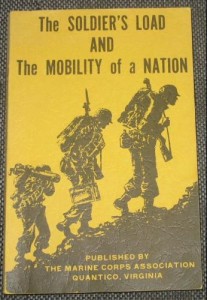Ralph Peters draws on over 30 years of experience and at least ten years of published thinking to bring us this capstone book. It is, with Brigadier Simmon's book on RACE TO THE SWIFT, and one or two others (perhaps MajGen Scales book on The Limits of Firepower–can't hit what intel can't find, and anything by Martin Van Crevald), one of the top ten books in military thinking today, and absolutely essential for any officer or any political appointee responsive for national security, to digest and redigest. Ralph speaks truth to power, but power doesn't want to listen. Anyone who has a son or daughter eligible for national service should be reading this book, because the reality is that we are perpetuating a military machine totally unsuited for the conflicts of today and tomorrow, and it is our children who will die because of our silence at voters today.





